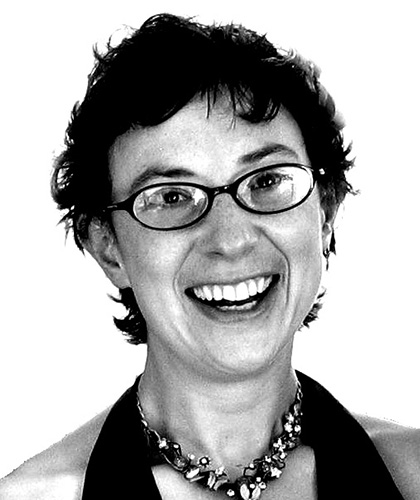As I started writing this diary yesterday, I found myself unable to focus on any particular thing, but just spewing cynicism, resignation, frustration and despair onto the page.
These have been my baseline emotions for several years now and the mainstream narrative of a ‘climate emergency’ isn’t helping.
People are a bit more concerned, some people are getting really quite active, but the majority are carrying on as normal – which is to say generally increasing their levels of consumption, willingly gifting their data to the powerful and distracting themselves with ever more varieties of escapism.
If you compare current social reaction to and engagement in ‘the climate emergency’ to, say, the war effort it would appear that the government and society have very little interest at all in acting like we’re in an emergency.
I decided to ditch that column and start again, to focus on some positive activity – perhaps something about the nascent co-operativisation of Leeds Wood Recycling or about the first meeting of Leeds Mutual First Aid (for self-employed people to help finance each other in case of long-term sickness).
Is #coopsriseup4rojava (see PN 2636–2637 – ed) working or do we need to engage in a form of co-operative community organising?
I could pontificate on the potential both positive and negative of Our Future Leeds and my attempt to set up a Climate Emergency Hub in a potting shed.
Or I could wonder whether our monthly street parties/community get-togethers on Sholebroke Avenue are bringing diverse neighbours together or demonstrating our niche demographic of activists?
But really, these things seem like twiddling one’s thumbs while Rome burns.
I’m fairly sure I’ll be ‘lucky’ to survive another decade – and however dramatic that sounds, I don’t think I’m overstating the case. And yet I still don’t feel able to act proportionately to the clear and present danger.
I carry on doing my bookkeeping job, worrying about VAT returns or my housing co-op’s IT issues, giving advice to new co-operators on their business plans and many, many things that, logically, are much lower down the list of priorities than say… finding land, a group of people to live on it and a load of cash; learning some essential survival skills and training others; or living on my savings (while they’re still worth something, before the inevitable crash hits) so that I can focus on this full time.
I’m sure there are thousands of people living this contradiction, not finding whatever it is that’s necessary to stop travelling in their current direction.
I have yet to engage with The Dark Mountain Project, but I suspect their focus on culture and creativity, on writing and sitting round the campfire is a really helpful step – allowing oneself to sit with the darkness of reality for a while and get used to it, instead of keeping going crazily on the hamster wheel, afraid to stop.
Writing this column is a bit like life-coaching or therapy – a chance to step aside from the constant interruptions of working for money, of communal living and of internet distraction to think about a gritty problem or choice.
It’s public, so I have to make sure it makes sense, checking the problem from several angles, recognising different analyses.
I’m creating a public record of any choice I may make, a form of public accountability – will I decide to declare everything I’m currently working on a distraction, give it all up and work full time on creating a commune?! Stay tuned….
But the column doesn’t make up for a lack of a mentoring or supervisory role in most (unpaid) activism that often means I head off in the most peculiar directions.
Or the opposite happens, where a lack of feedback leads to a level of self-doubt and questioning that renders me inactive (or at least easily distracted by many other minor projects).
I (and no doubt other activists) try to fill this gap in therapy sessions, but this is like trying to combine treatment for a sprained ankle with advice on which route to take from Land’s End to John O’Groats, before Land’s End disappears. Although the initial wise advice is to get better first, it doesn’t help work out which way to go or what to do if you can’t wait.
My therapist wants to help me see and focus on good things rather than being overwhelmed with seeing bad everywhere. I recognise this would bring me joy, but it does make me question her grasp on reality.


